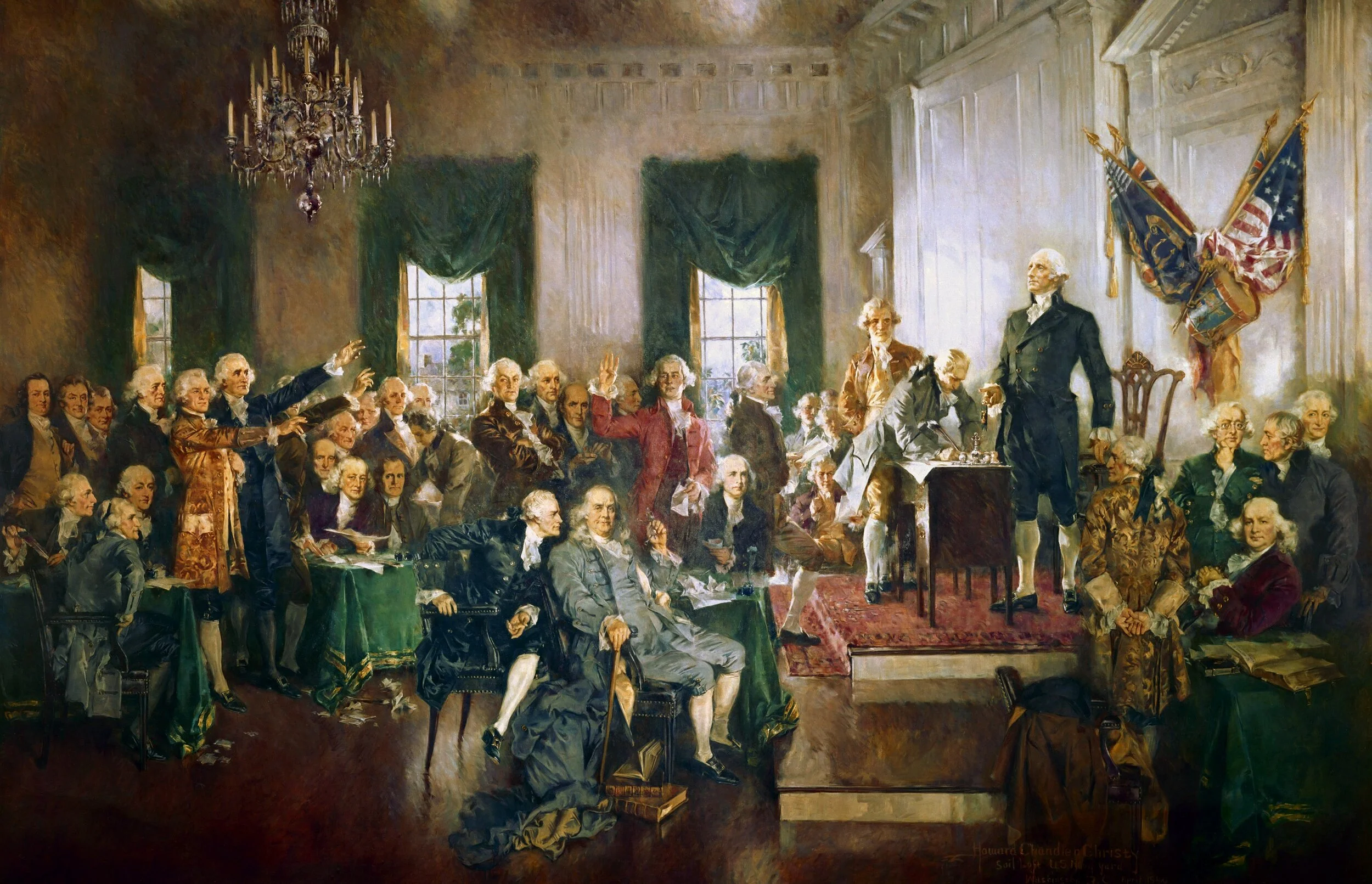Are You Fair and Honest?
/How important is it, in your mind, to be fair and honest? Here is a little exercise to test how important those virtues are and how able you are to maintain them when dealing with a hard question.
Make no mistake, fairness and honesty are not important to everyone. Very often, people take sides and want anything the helps their side. Sports fans scream in outrage when the referee makes a bad call that hurts their team, but says nothing if the ref makes the same bad call for the other team. Chances are they don’t (and can’t) seriously apply fairness to the situation because they are so dedicated to their team that any call that helps is a good call.
After sacrificing their own personal dignity and composure for the sake of the team, fairness and honesty are easy to let go of.
The outcome of a sports contest is easy to judge. the team with the most points at the end of the game wins. It is much less simple with economic, or social, or political contests. Take the question of wages. Few people would say that everyone should earn exactly the same wage as everybody else. But how much difference should there be between the top earners and the bottom? Should a manager make five times as much as the workers he or she supervises? Ten times as much? Or 300 times as much? If there is no fixed answer that can be applied always, are there at least rules that can be applied to determine what is fair in each case? Or does fairness have no relevance? A large part of the US population insists it doesn’t. Proponents of lassaiz faire economic policies, and Libertarians, insist that the people with more power must be allowed to use their power to grab as much as they want and pay workers as little as they can.. They insist that fairness is unimportant.
So, clearly, we can’t assume that other people even try to be fair and honest. But you can choose for yourself if fairness matters to you.
So here’s the question: What should protesters be allowed to do, and what should police do to limit the protests to the right level?
The 1st Amendment to the US Constitution says
Congress shall make no law respecting an establishment of religion, or prohibiting the free exercise thereof; or abridging the freedom of speech, or of the press; or the right of the people peaceably to assemble, and to petition the Government for a redress of grievances.
Notice that there are three detailed elements here:
the freedom of speech
the right of the people peaceably to assemble, and
to petition the Government for a redress of grievances
So, now, ask yourself who, exactly, should be allowed “to speak?”
Who should be allowed “to assemble?”
Who should be allowed “to petition the government for a redress of grievances?”
If you accept the authority of the US Constitution, you should allow those rights to all citizens. If you desire to limit those privileges to a smaller group, you must recognize that you are doing it in defiance of the Constitution.
But now, ask yourself whether you re willing to give those exact rights to different groups of people. Take, for example:
The Standing Rock Sioux when they were protesting the Dakota Access Pipeline
The Proud Boys and other white supremacy groups
Marchers for Women’s Rights
Black Lives Matter and other opponents of excessive police force
Source: Unsplash, Gillfoto
Source: Wikicommons
Source: Unsplash, Josh Howard
Source: Unsplash, Clay Banks
Judging whether these four groups, and others advocating other positions, should all get the same rights is a hard question. If a group stands for something that is wrong, that is criminal, that is evil, should it be allowed to speak and assemble for that message? The Constitution doesn’t make any distinction, but our consciences tell us that it should.
Supposing you’ve settled the question of whether one, all or some of these groups are entitled to the rights the Constitution promises, there are other follow-up questions.
How large can an assembly of people grow before it becomes a threat to public safety?
How much can a demonstration disrupt traffic or regular commerce before police intervention is called for?
if property damage begin to happen, how do you appraise the value of a glass window pane versus the value of a human life?
Those are all tough questions. The challenge you face s a citizen is to be fair and honest, and to answer those questions in a way that applies equally to all of your fellow citizens, and that you would be willing to accept if, someday, you were part of the demonstrating and protesting group yourself.













